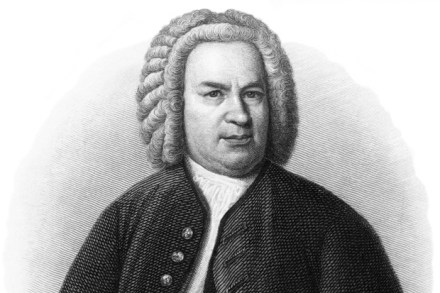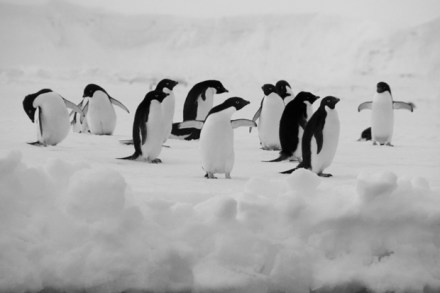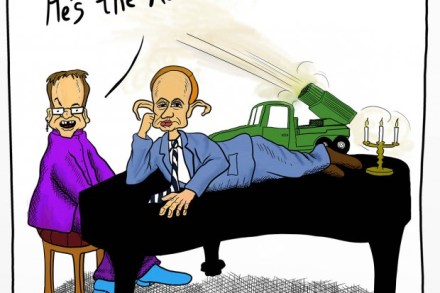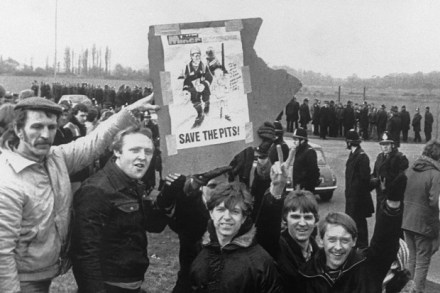The man who wouldn’t be king
Not that long ago the BBC trumpeted a new Stakhanovite project to big up the arts in its many and various hues. And praise be, this it is jolly well doing with all sorts of dad rock docs, homages to painters and poets, while Sralan Yentob (as he surely ought at the very least to be, and soon) continues to knock frock-coated on doors like a highly remunerated person from Porlock. Before multichannels and multi-platforms, great arts coverage was (if memory serves) done without much song and dance. Lest we forget, Yentob was once a progenitor of Arena. Long the haven of burgeoning filmmakers such as Mary Harron, James Marsh


















